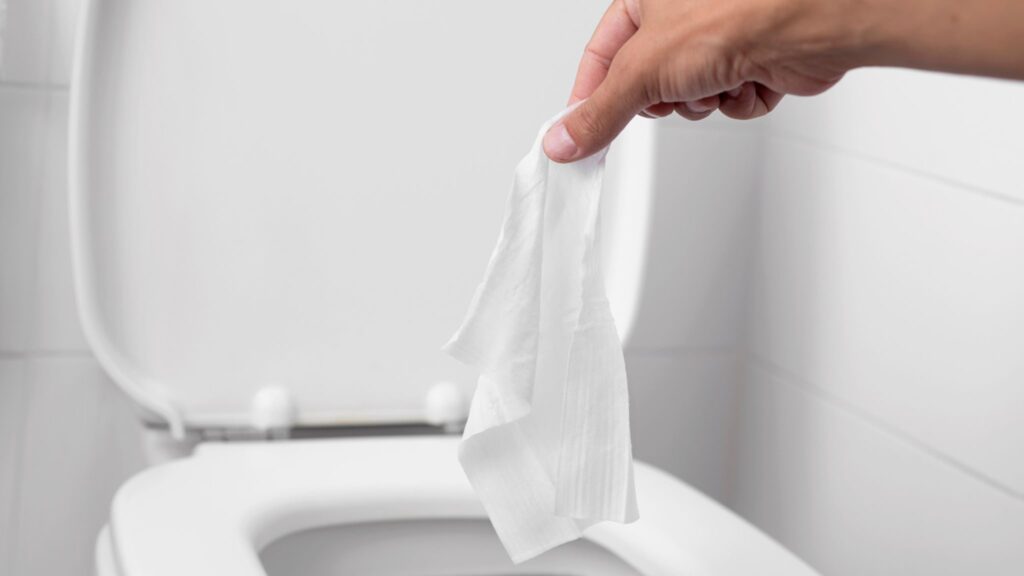The UK plans to prohibit plastic wet wipes to reduce pollution

According to the Environment Minister of the UK, Therese Coffey, in order to reduce water pollution, almost all wet wipes would be prohibited in the country. After a consultation, Ms. Coffey recommended the ban on wipes made of plastic go into effect next year.
It is a part of a larger strategy to enhance the quality of the water in England, where no river or waterway is regarded as pure.
Yet opposition and environmental organisations criticise the idea as being insufficient.
According to “Water UK,” which represents the water industry, wet wipes flushed down toilets are to blame for 93% of sewage obstructions, including so-called fatbergs, and their removal costs almost £100 million annually.
Even though there are now several alternatives for sale, about 90% of wipes still contain plastic. When the wipes eventually catch and stick together due to the plastics’ inability to degrade, sewage cannot flow through the pipes.
Wet wipes and other plastic garbage were among the first things the government said in 2018 that it intended to do away with. 96% of respondents to a government survey in 2021 who were asked about the concept of banning wet wipes backed it. Following additional consultation, the government earlier this year decided against outlawing wet wipes.
A complete ban on plastic in wet wipes has not yet taken effect in Wales. When considering a ban, the Scottish government held consultations but did not move forward.
Wet wipes that include plastic are no longer being sold by some businesses, including Boots and Tesco.
The “Department for Environment, Food, and Rural Affairs (Defra)” seeks to enhance the water quality in England, and the wet wipes ban is a component of a larger plan called Plan for Water. It addresses agricultural pollution and runoff from roads, and it may include a ban on some of the so-called “forever chemicals,” or PFAS.
According to a legislative report from 2022, the main cause of river contamination is pollution from modern agriculture, particularly from chicken farms.
The government declared on Sunday that unjustified releases of untreated sewage into rivers and seas by water corporations might result in a lifetime of fines. In the past year, there were 825 sewage spills into England’s rivers on average, according to statistics.
